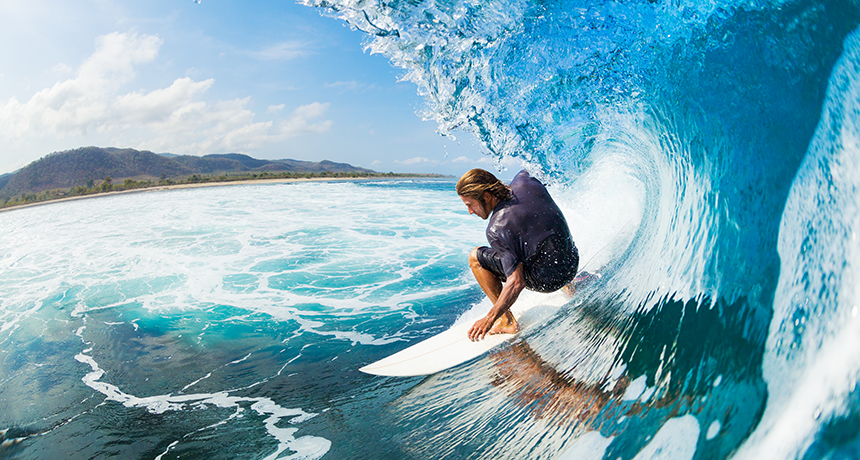Questions for ‘Ocean energy could be the wave of the future’

Not just great for surfing, waves may be the next big thing in renewable energy.
EpicStockMedia/iStock/Getty Images Plus

Not just great for surfing, waves may be the next big thing in renewable energy.
EpicStockMedia/iStock/Getty Images Plus